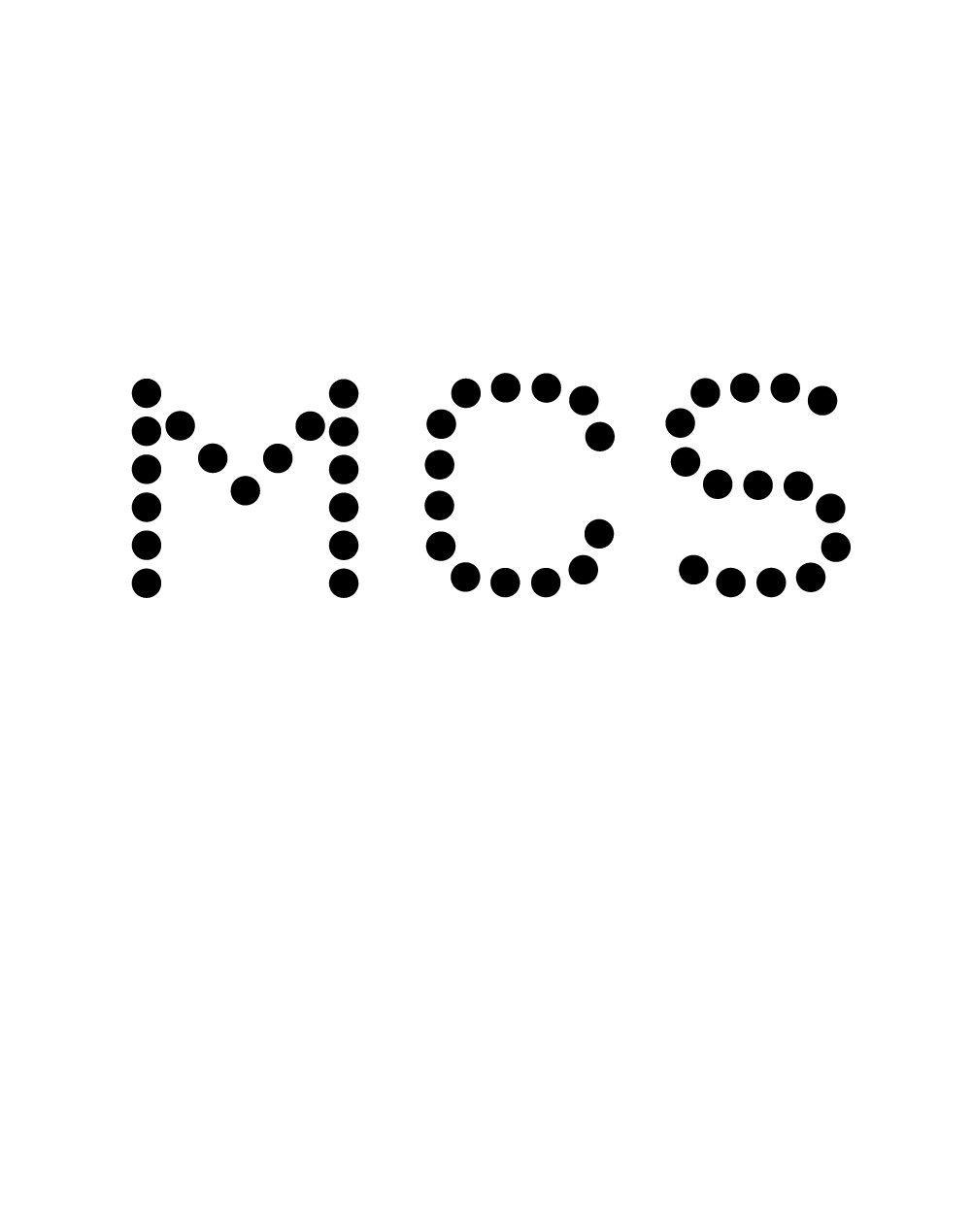It could be argued that only the homeowners at the upper end of the social spectrum, and big businesses have the resources to choose renewable technologies. Often the less well-off, and smaller businesses do not have the freedom to make that choice. More renewable technology means more electricity will be taken ‘off grid’. Less than 40% of an energy bill is the wholesale cost of the energy, the remaining 60+% covers network costs, operating costs etc. Fewer consumers on the grid means that those distribution costs will need to be shared by a smaller group. This may mean that the energy bills for the less well-off, who remain dependant on the grid are likely to rise. The fairness of this arrangement is clearly concerning, and there is pressing need to ensure greater equality in both choice and charges.
Energy poverty is a major concern in the UK. The Annual Fuel Poverty Statistics Report from 2018 stated more than one in ten 10 households in England were living in fuel poverty. The government report said more than 2.5 million families were unable to pay the costs associated with heating their homes without falling below the poverty line in 2016 – an increase of 69,000 since 2015. Single-parent households suffered worst with more than a quarter (26.4 per cent) struggling to pay their energy bills. It has been argued that solar could be one of the answers to this fuel poverty crisis. For example, in March 2018 North Ayrshire Council approved a plan to install rooftop solar panels on up to 500 properties. The plans should help residents save up to £115 within the first year – part of the council’s Environmental Sustainability & Climate Change Strategy and its commitment to tackling fuel poverty.
Disappointingly, reference to solar PV has been omitted entirely from the recent Committee on Climate Change report on the future of home energy efficiency. The Solar Trade Association (STA) is pushing for higher national buildings standards and a robust retrofit programme to target homes in fuel poverty. Solar technologies are essential in solving this fuel poverty challenge. STA chief executive Chris Hewett said: “Both solar PV and solar thermal are a natural fit with the decarbonisation of our building stock. They are affordable, popular, proven and easy to maintain. They can also support the performance of other energy-saving technologies as well as the development of the smart grid.”






